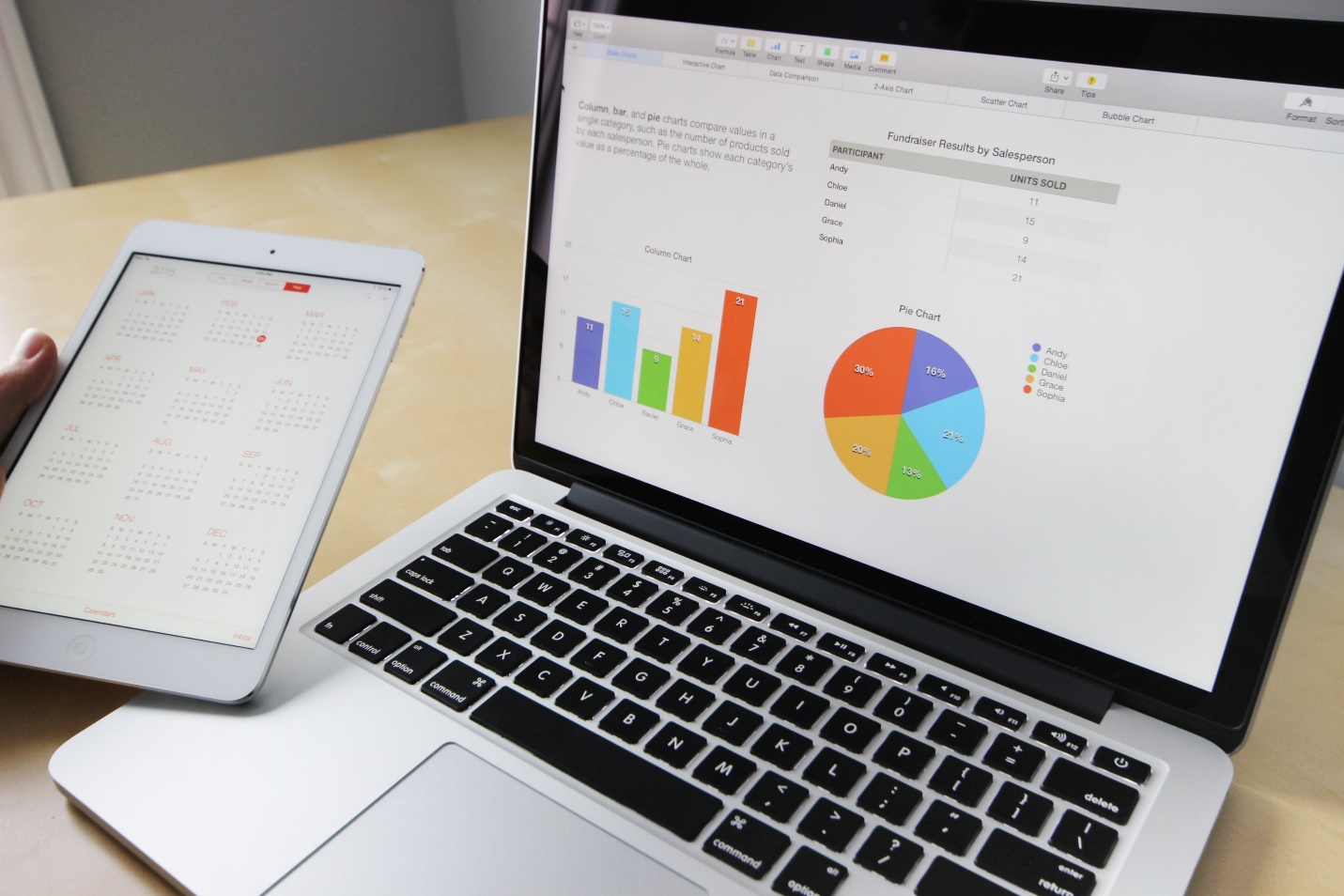
Every business has some pillars supporting its foundations. Without them, your establishment won’t even be capable of functioning, let alone thriving. And accounting and finance are things that top this list.
Finances are crucial to set up any small or large scale business, but its role extends even further. You will need to keep track of them to make your business sustainable and guarantee the smooth execution of operations. Similarly, it will be easier to plan for future activities if you have a healthy cash flow.
Likewise, accounting is something that goes hand in hand with finance. It can help you stay in line with all legal regulations and channelize your cash flow efficiently. You can manage tasks like budgeting and risk analysis with ease and incorporate all those details into decision-making. That is why most businesses rely on it while dealing with their clients.
Although many individuals are already tapping into the field, their contribution is limited. They either don’t have the necessary experience or lack the qualification to get a promotion. The problem is that most of them have to compromise on one of these aspects to pursue the other.
Fortunately, technology has dramatically minimized that factor, allowing people to seize better opportunities while working with online education. For instance, they can complete their masters in accounting online as they juggle life roles conveniently. That is a program that will propel their career to great heights if they make full use of it.
If you’d like to dwell and learn more about the importance of accounting and finance for a business, the following might interest you. Hopefully, you will be of a singular mind about investing in this area or making a career choice.
1. Performance Evaluation
Your business is functional, and you are getting clients, but how are you going to measure this growth? Accounting and finance help track all this cash flow to let you know what you are spending and earning every month. It registers every transaction in your business name and draws a line between various types of expenses.
Once you have these figures in hand, you can use them to make better estimates or make comparisons with every timely update. You can also use these to define your future objectives and strategize your business accordingly. That will help make your activities more feasible and efficient with every passing day.
2. Budget Drafting
You can’t allocate funds to any department unless you have a rough estimate of its fixed and running expenses. You will need those figures while drafting your budgets to divide your resources effectively. And accounting and finances are your only means of doing it.
After staying operational for a while, you can start drawing estimates for the running expenses and set budget margins accordingly. Pair them up with the fixed costs of managing every department, and you will get a number close to the original value. Companies need these estimates to decide the number of investments they can make and capitalize on their existing resources. Besides, it can help avoid an uncalculated decision while closing deals.
3. Taxation
Every business is responsible for paying its taxes to the state and filing a tax return. But the problem is that the inflow and outflow of cash are large figures, so it can be a challenge to manage them.
Accounting and finance ensure that you don’t falter in this area and face any legal consequences. You can set a margin for state tax, separate funds, or even come up with ways to delay or reduce your taxes. Some of the ways to do it are to invest your liquid resources, clear your dues before the year ends, or do charity.
All the information at your disposal allows you to manipulate the situation to your advantage and make better decisions. If your accounting and finance department knows what they are doing, you will stay clear of all trouble.
4. Bookkeeping
Businesses need to practice smart bookkeeping as they enter the big leagues. They will need to maintain detailed records of all their activities to learn from their mistakes and revise their action plan. It will also help with tracing relations and retaining clients in the long-term.
The process usually includes all sale and purchase records and payments made over particular periods. Having these by your side allows you to divert your finances more efficiently and make decisions based on updated information. A company can maintain its balance sheets, income statements, cash flow, and everything along those lines with ease. That is what makes it so vital.
5. Developing Strategies
If a company can’t estimate its potential, it can’t promise its projects’ execution and completion. Accounting and finance allow a business to do that and develop effective work strategies for the future.
You can distribute your resources and evaluate the room to make further investments that way. It is most useful when planning an expansion or considering taking over a large scale project. Besides, you can also deduce the risk associated with every job and develop contingency plans for handling the situation.
Similarly, it can help with your staffing and supply management to a great extent. You will know when you have the room to offer some benefits for a job-well-done and procure resources for a seasonal job. You can also use this information to decide when you need to lose some employees or limit your supplies.
Accounting and finance have all this information wrapped in the data, waiting for you to make use of it. So the only thing under question is your competence to use it to its potential.
Summary
These things sum up the importance of accounting and finance for a business. If you weren’t that concerned with these aspects of your establishment, you might need to shift your attention. Keep in mind that investing in it will always benefit you and make room for better opportunities. That is going to help make up your mind.